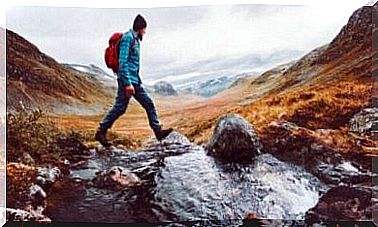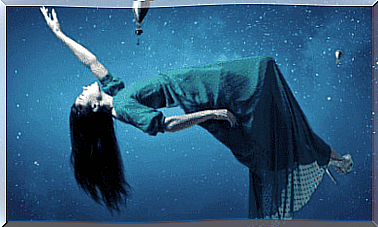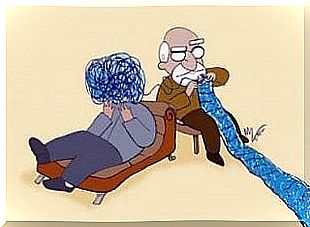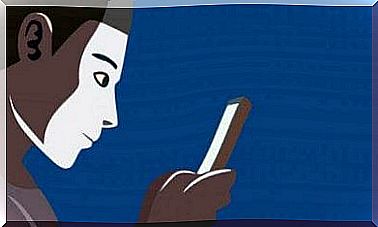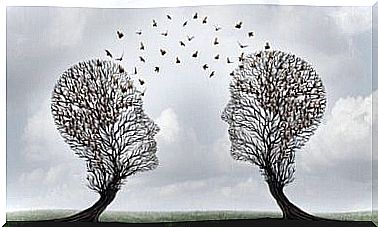Eduard Punset Made Science Accessible
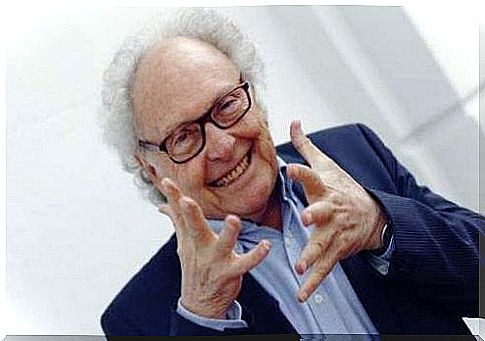
The name Eduard Punset is synonymous with optimism, curiosity and an insatiable desire for knowledge. Few scientists have been able to convey the desire to learn in such a wonderful way.
Few scientists have allowed us to delve into the world of psychology, astronomy and anthropology as he did. Today we take a look at the man who made science accessible and brought it into everyone’s living room.
His charisma, his unmistakable voice, his Albert Einstein hair, his remarkable ease in spreading and igniting the passion for science…. Eduard Punset was all this and more.
He was also a prominent figure on Spanish television with his TV program Redes , which set the standard for scientific reporting. He died when he was 82 years old, on May 22, 2019.
An ignorant scientist?
He looked like a scientist who had no idea, yet he had a professional background in politics and law. Despite his eccentric appearance, Punset knew very well what he wanted to convey in his program, which aired every Sunday morning for almost 18 years.
While presenting and directing Redes , he achieved something that only figures like Carl Sagan achieved in their day: he managed to spark interest in science among thousands of viewers.
With interviews like the one he did with Roger Penrose or Max Tegmark, we almost immediately wanted to become a physicist or cosmologist and understand the deepest origins of the universe. Through conversations he had with, say, Jane Goodall, Lawrence Krauss, Antonio Damasio, or Steven Pinker, we were able to understand the following:
- The many ideas and theories about our origin.
- What emotions really are.
- What possible future awaits us.
Physics, biology, psychology, neuroscience, cosmology…. Eduard Punset invited us on a journey of knowledge and exciting discoveries. He inspired us with his enthusiasm, curiosity and tireless optimism. He completely won over his viewers.
For these reasons it is not easy to say goodbye. He even inspired hundreds to find their calling in life. Fortunately, he left behind a great audiovisual legacy and numerous publications.
Eduard Punset: the politician who made science accessible
There are those who have always been skeptical that Eduard Punset was regarded as a scientific popularizer. He came from the world of law and obtained a postgraduate degree in economics from the University of London.
He also had a long career as a politician. He started in Adolfo Suárez’s Social Party and later became a MEP from 1987 to 1994.
It was his great communication skills that inspired Spanish television to ask him to present a scientific program. Everyone knew, however, that Punset had no college degree or training in many of the areas he covered weekly.
However, he had something much better, namely charisma, scientific intuition and a clear ability to transfer knowledge in a simple way. At the same time, he transferred everything with his infectious passion.
Reasons: scientific knowledge available to everyone
The United States had Carl Sagan in the 1980s with his program Cosmos. Spain had Eduard Punset with Redes. It didn’t matter that the program aired at sunrise.
He had thousands of loyal viewers every week. Viewers who knew nothing about the worlds of neuroscience, astronomy or biology suddenly became passionate about these complicated topics.
The program came on television from March 1996 and in 2008 it made a small change that would make history. Redes was renamed Redes 2.0 and Eduard Punset interviewed an internationally renowned specialist every week. Suddenly, the world of science took on a whole new and friendlier look.
Those who had to get up early to go to work made sure they could record the broadcast. One thing was certain, everyone learned something new every week.
We got to know relevant figures such as Oliver Sacks, James Watson, Francis Crick, Steven Pinker, Robin Dunbar, Lawrence Krauss, Roger Penrose, Jane Goodall, Antonio Damasia, Daniel Dennett and Lynn Margulis.
He himself dubbed the English interviews into Spanish. At the same time, he got used to all these new ideas, theories and scientific perspectives, almost without realizing it. He did all this with his unforgettable voice and appearance.

Eduard Punset and its distribution through his books
While presenting Redes, he started a new project that was just as successful, which was book publishing. He published books such as
- The Journey to Happiness, 2005 – El Viaje a la felicidad
- The soul is in the brain, 2010 – El alma esta en el cerebro
- Why are we the way we are, 2008 – Por qué somos como somos
This began an era when suddenly access to fundamental science topics was no longer out of our reach. Immersing yourself in the pages of these books was a pleasure and a stimulating and educational journey.
In his books we no longer heard his real voice, but you could feel the unmistakable impression of the presenter, who made the complicated easy. As he offered us theories and information, it turned science into something we’ve always wanted to know more about. Perhaps because of that, other works of his came, such as
- The Journey to Love, 2007 – El viaje al amor
- The Journey of the Power of the Mind, 2010 – El viaje al poder de la mente
- Alicia’s dream, 2013 – El sueño de Alicia
These books brought us a subject that Eduard Punset loved very much, which was self-help. The Redes program ended in January 2014. Step by step, Punset withdrew from science and focused more on personal growth and self-help.
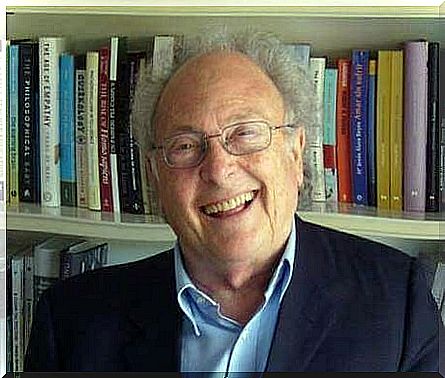
Farewell to Eduard Punset
His health problems in recent years also caused his gradual withdrawal from the media. He left us in May 2019 and whether we realize it or not, the world of science has become orphaned, as it were.
The world needs scientists, but it also needs personalities who know how to transfer the magic of knowledge. Eduard Punset shone like a star, with the passion of a child who wanted to know everything. Now that we say goodbye to him, his audiovisual and literary legacy lives on.
